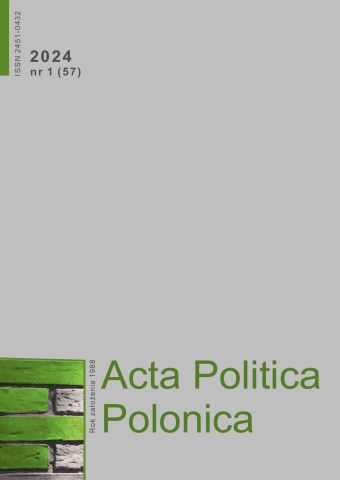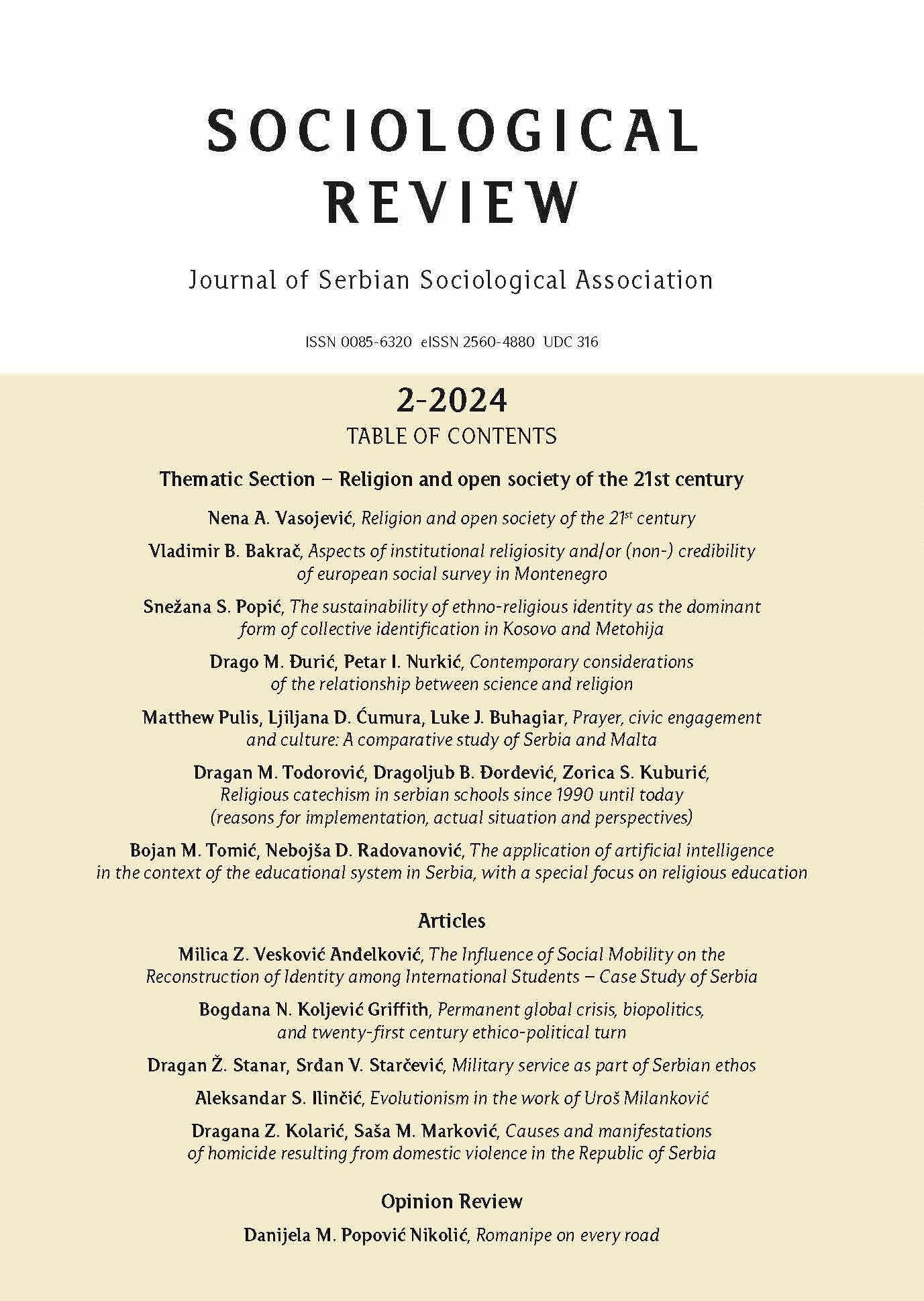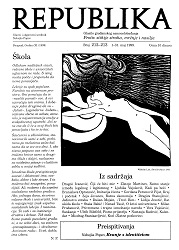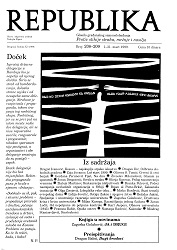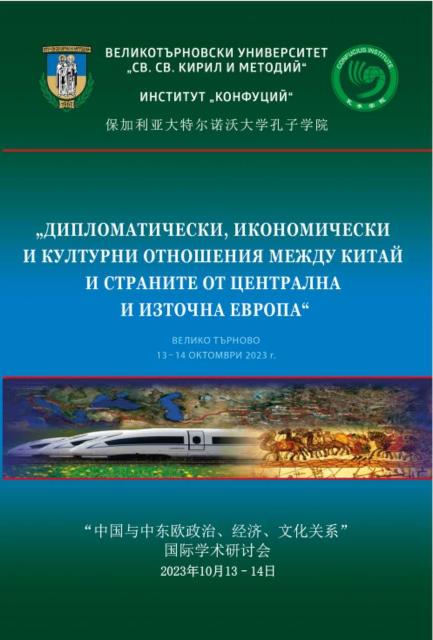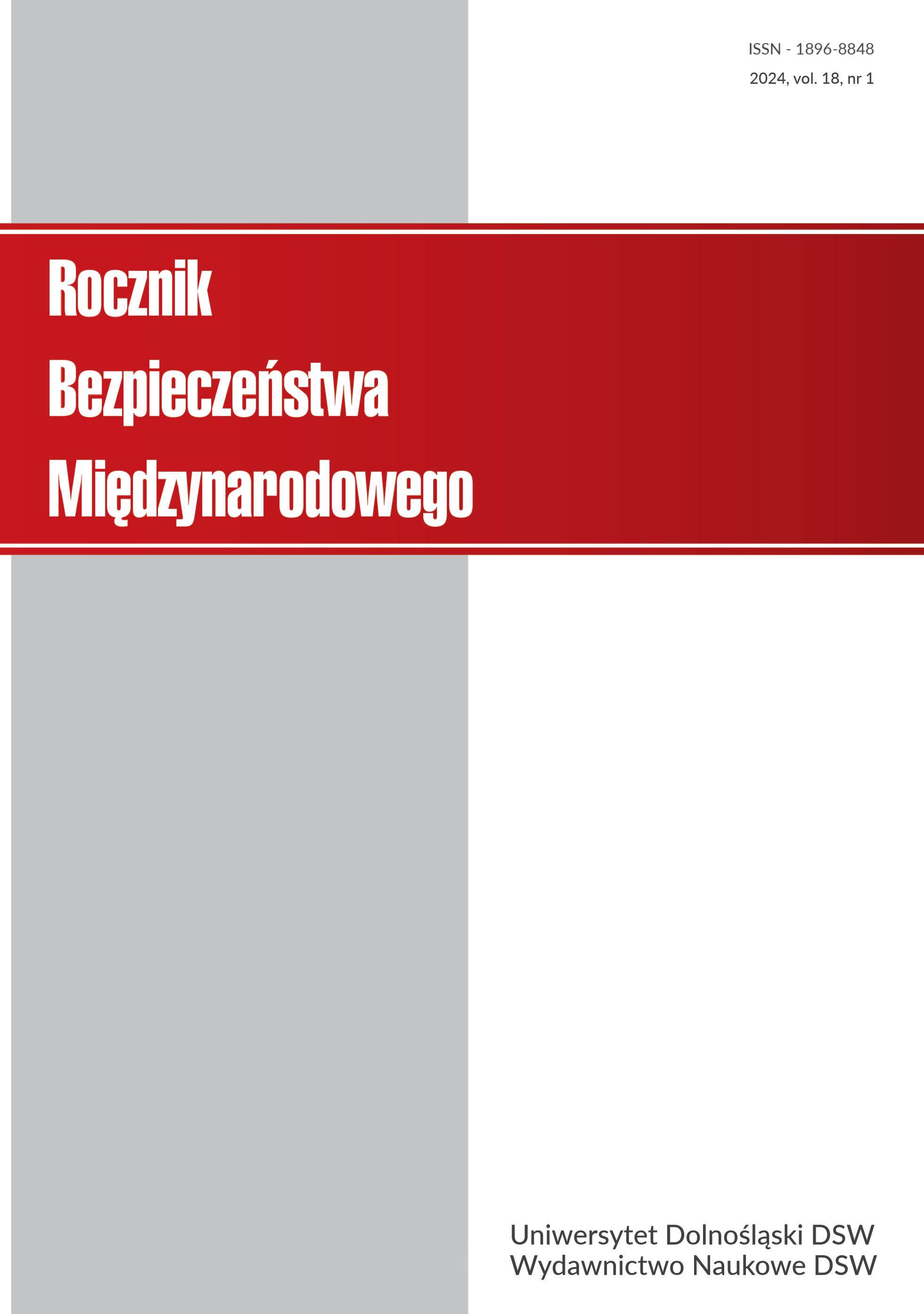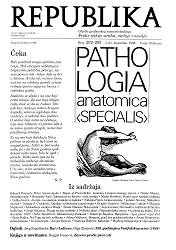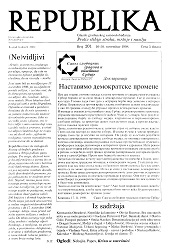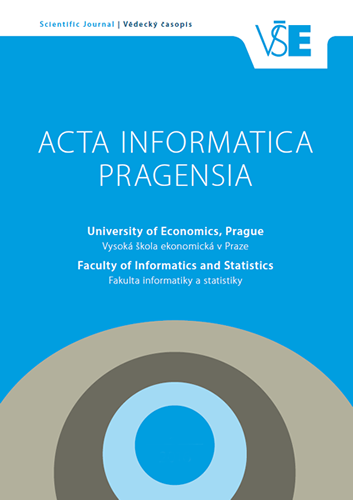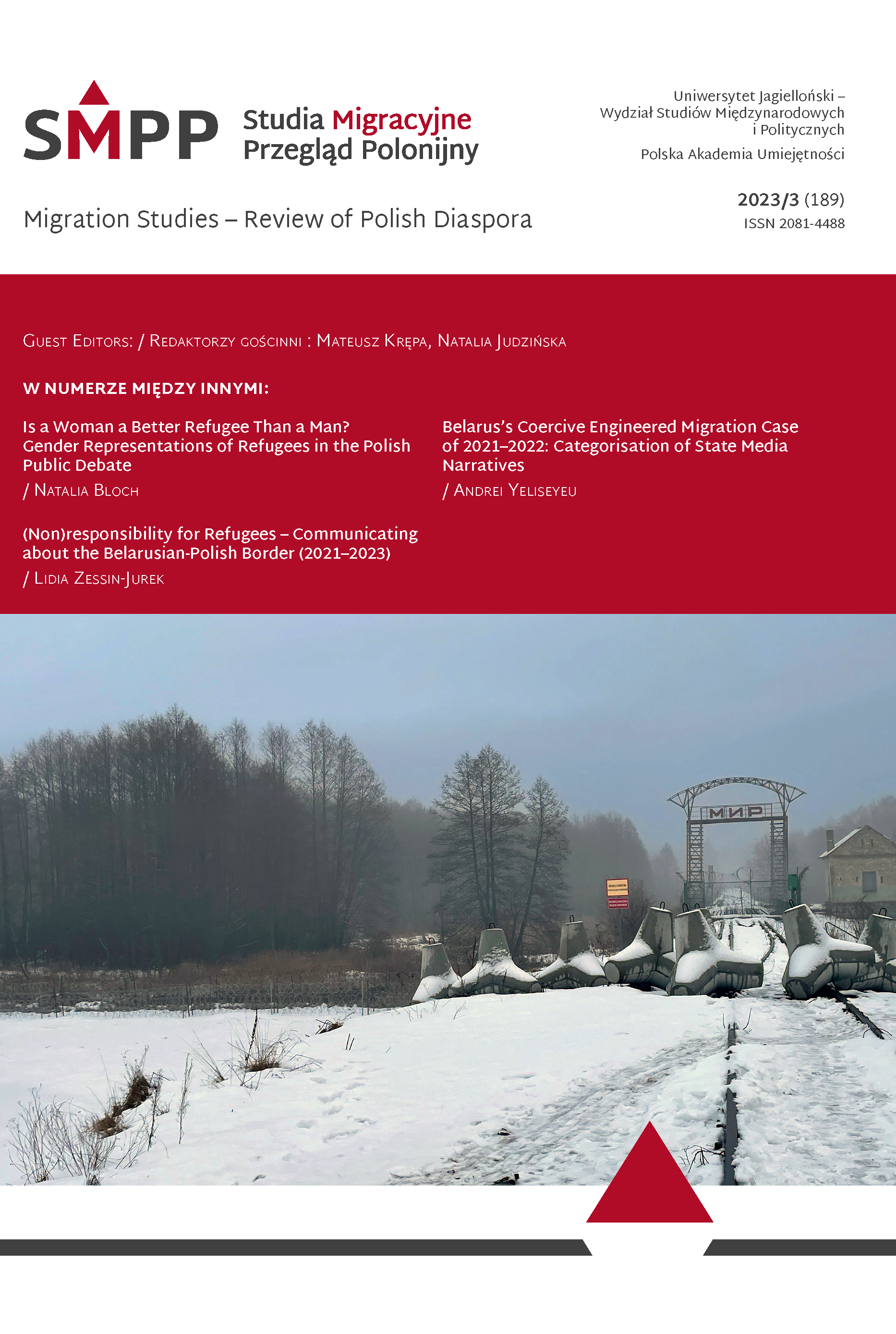
Polityka migracyjna „bez polityki”. Antynomie tworzenia polityki migracyjnej w Polsce w okresie 2016–2022
The article focuses on the analysis of the evolution of work on Polish migration policy in the period 2016–2022. In it, we draw attention to the importance of not defining clear goals of the state’s migration policy and setting the rules for their implementation. This concerned the failure to work out a compromise between the goals related to the interests of the economy and the demographic needs of the society and the narrowly understood priorities of maintaining state security. This gave rise to both internal competition between individual institutions within the central administration, and was conducive to high political sensitivity of work on developing the program of this policy. Its effect was that the state’s migration policy took on the character of a public policy without politics, i.e. consistent actions in various fields of migration (such as the labor market, Polish diaspora policy, border protection and refugee policy) without broader political and official discussion about its long-term goals.
More...

